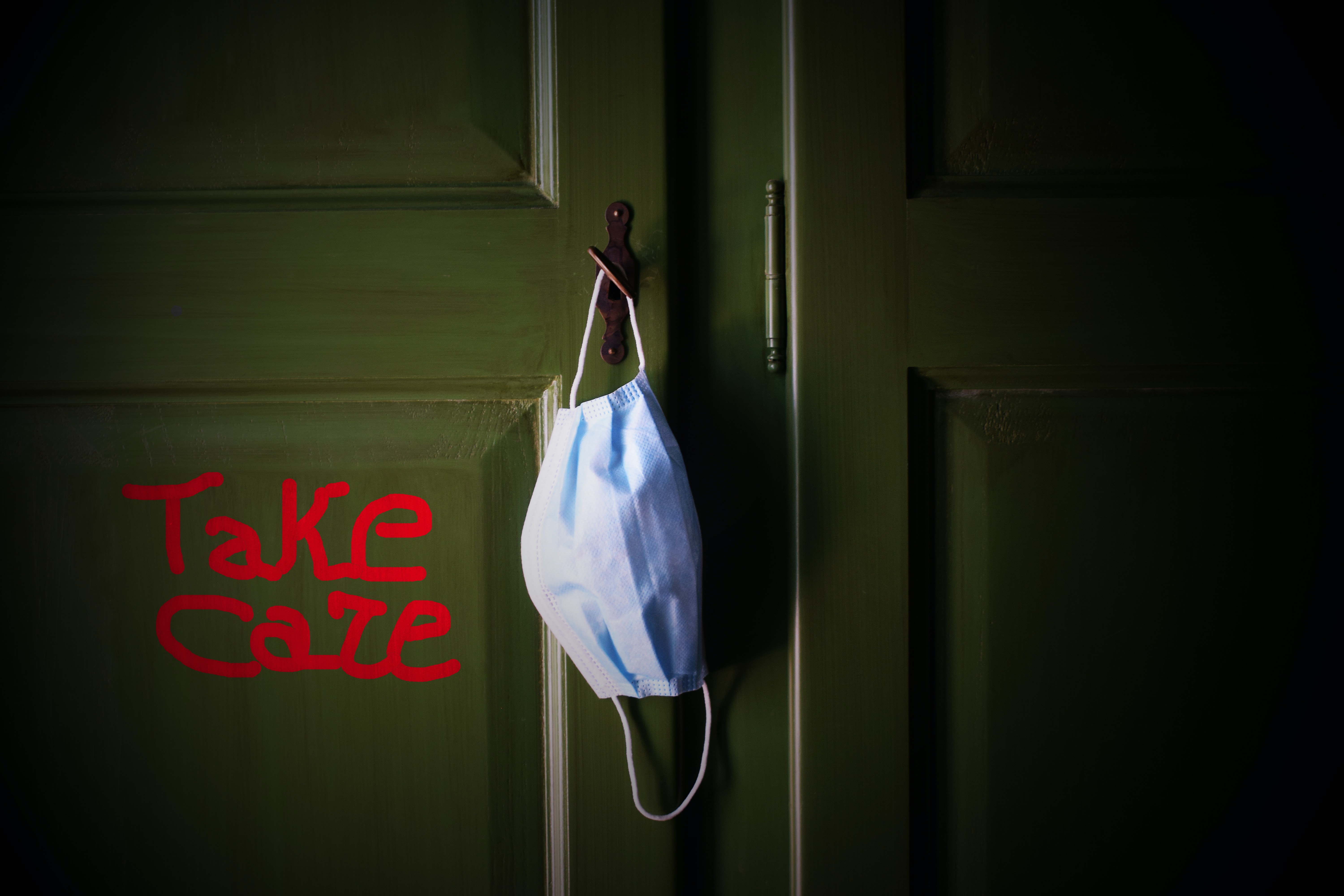In the midst of a global pandemic, it seems that the world is more aware than ever of issues facing marginalized communities. Previous experiences with crises show that women and girls are disproportionately affected in instances of crisis. The COVID-19 pandemic is no exception and, although there is concrete evidence for this, governments seem to be ignoring this sector of the population in their post COVID-19 reconstruction efforts.
Due to the current pandemic, more women and girls, notably in South Asian and West African regions, are out of school and being forced into early marriage, leading them to experiencing sexual and gender-based violence. These negative effects of the pandemic will not only be seen in the suffering of young girls right now, but will also be seen in generations to come in the lower rates of completed education and poor standards for women’s health down the line.
The well-being of women and girls is an integral component of a prosperous society; thus, governments and policy makers need to prioritize continuity of education for women and girls following the outbreak of COVID-19. The current suspension of education in many countries has the potential to further gender inequality, as many girls may never return to school. Save the Children predicts that as many as 10 million children might never return to school because of the pandemic, many of these being girls. The education of women and girls benefits everyone, as it creates a more resilient and stable society. Therefore, it must be a priority in plans to recover from the pandemic.
Not only does school empower women to make their own decisions, but it also provides a community that protect girls from being forced into marriages. Thus, the current suspension of education has left many young girls vulnerable to early child marriage. The recently published’Gender and Adolescence: Global Evidence’ report highlights that, in Ethiopia, adolescent girls and some adolescent boys from rural areas are at heightened risk of child marriage, even during the early phases of the COVID-19 pandemic.
Furthermore, the pandemic has plunged many families into poverty. Marrying young daughters away is a way for families to alleviate the growing financial strain either through the dowry received or simply by removing a mouth to feed. Although child marriage is illegal in many countries, due to COVID-19, many civil registration systems have been backlogged and have thus allowed child marriages to go unregistered and get driven underground. This is just another dangerous consequence of not prioritizing the safe return of children to school.
With many schools closed and strict lockdowns imposed, greater numbers of women and girls are facing sexual abuse and gender-based violence. During the COVID-19 pandemic, the usual protective net preventing many women and girls from domestic violence is not available, with lockdown forcing many women and girls to lose access to support networks previously in place. This increase in violence will not only increase physical harm but will also increase mental distress amongst women and girls.
Beyond this, rape can subject many women and girls to pregnancies that are not monitored by health care professionals and will, thus, increase rates of fetal and maternal mortality. Even if young women and girls survive pregnancy, having a child will likely keep them from returning to school. Thus, the health and safety of women and girls must be an important consideration to policy makers when instituting measures surrounding COVID-19.
Save the Children warns that the COVID-19 pandemic will bring “irreversible setbacks and loss of progress” for girls stating aptly that “gender-based violence was a pandemic long before COVID-19”. Many organizations such as Save the Children, Girls Not Brides and the United States Institute of Peace, have laid out concrete steps that outline how government and institutions can protect women and girls during this pandemic. Most organizations stress access to remote education or the safe return of girls to school as the number one way to combat the increase in gender inequality that this pandemic has perpetuated. These organizations also stress the importance of women’s health initiatives and hotlines to report domestic abuse.
Yet in the end, one of the most important steps towards ensuring the safety of all citizens during the ongoing COVID-19 pandemic is to include women and girls in policy decisions. The rebuilding of a strong community starts with the proper treatment of all of its citizens.
Edited by Yu Xuan Zhao.
Photo credits: featured image by Chris Barbalis, published on May 24th, 2020, under Unsplash License. No changes were made
Jasmine Acharya is in her fourth and final year at McGill University finishing her B.A. in Economics with a minor in the History and Philosophy of Science. As a staff writer for Catalyst she is particularly interested in wealth inequality and women’s health issues.

